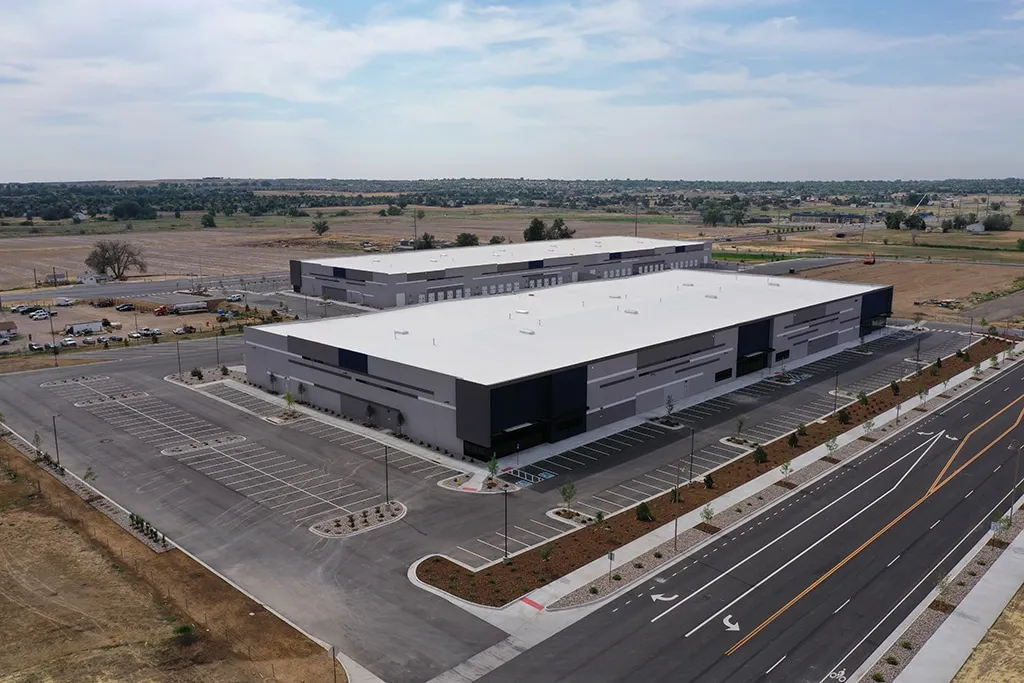CEO Roundtable: Clean-tech leaders expect demand rebound with federal backing
Local clean-energy business owners and advocates believe that consumer and operator interest in renewable energy will help the industry bounce back from a 2020 that was muted by the economic uncertainty generated by the COVID-19 pandemic.
That’s the broad takeaway from a conversation among industry leaders who met virtually during BizWest’s CEO Roundtable Tuesday afternoon.
COVID delayed spending, but didn’t destroy it
Like most industries, the onset of the pandemic forced customers to take a conservative approach with capital spending and slowed down sales and new orders for renewable-focused companies.
Pivot Energy CEO Tom Hunt said demand for his company’s residential and community solar…
THIS ARTICLE IS FOR SUBSCRIBERS ONLY
Continue reading for less than $3 per week!
Get a month of award-winning local business news, trends and insights
Access award-winning content today!



